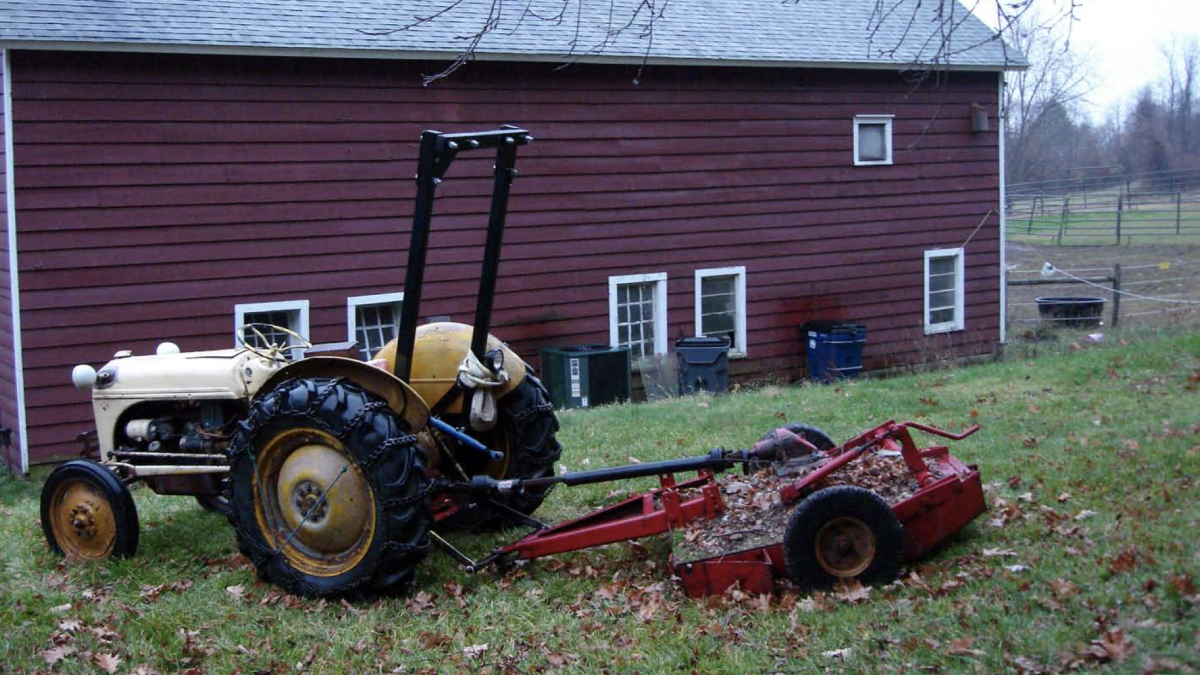
Washington is not immune to accidental fatalities on the farm. In 2023, a Yakima fruit grower and processor was fined almost $300,000 by the Washington Department of Labor and Industries (L&I) after two orchard workers died in separate tractor rollover incidents, almost a month apart.
In May, a worker was driving a tractor between orchards on a county road when the stabilizing front counterweights fell off the tractor. The driver was not wearing a seatbelt, and the tractor did not have a Roll-Over-Protection-Structure (ROPS) installed on it. The worker drove over the weights, and the tractor rolled over, crushing the worker. After the accident, Washington L&I staff directed the orchard owners’ supervisors to ensure that tractor drivers use ROPS and wear seatbelts.
Then in June, a second worker traveled down a slope while applying calcium to an orchard. He was using a tow-behind sprayer attached to his tractor. As he traveled down the slope, he made a sharp left turn, and the tractor rolled. The tractor did not have the ROPS installed for the worker’s safety, and the worker did not wear a seatbelt.
“Using a rollover protection bar and seat belt is such a simple way to save workers’ lives. These incidents should not happen,” said Craig Blackwood, assistant director for L&I’s Division of Occupational Safety and Health. “Orchard owners have the responsibility to make sure workers use safety systems. If they had been vigilant, these workers might be alive today.”
Safety prevention plans are mandated to prevent accidents of this type. The national prevention plan to save lives from tractor rollover is the National ROPS Rebate Program (NRRP). The NRRP helps farmers with 70% of the cost of purchasing and installing a ROPS kit. The rebate covers the ROPS kit, shipping, and professional installation of the ROPS kit onto existing tractors. The website even helps locate an installer or provides instructions for the self-installer. Currently, the ROPS has limited funding for rebates, but the website has a waitlist for updates when funding is available.


